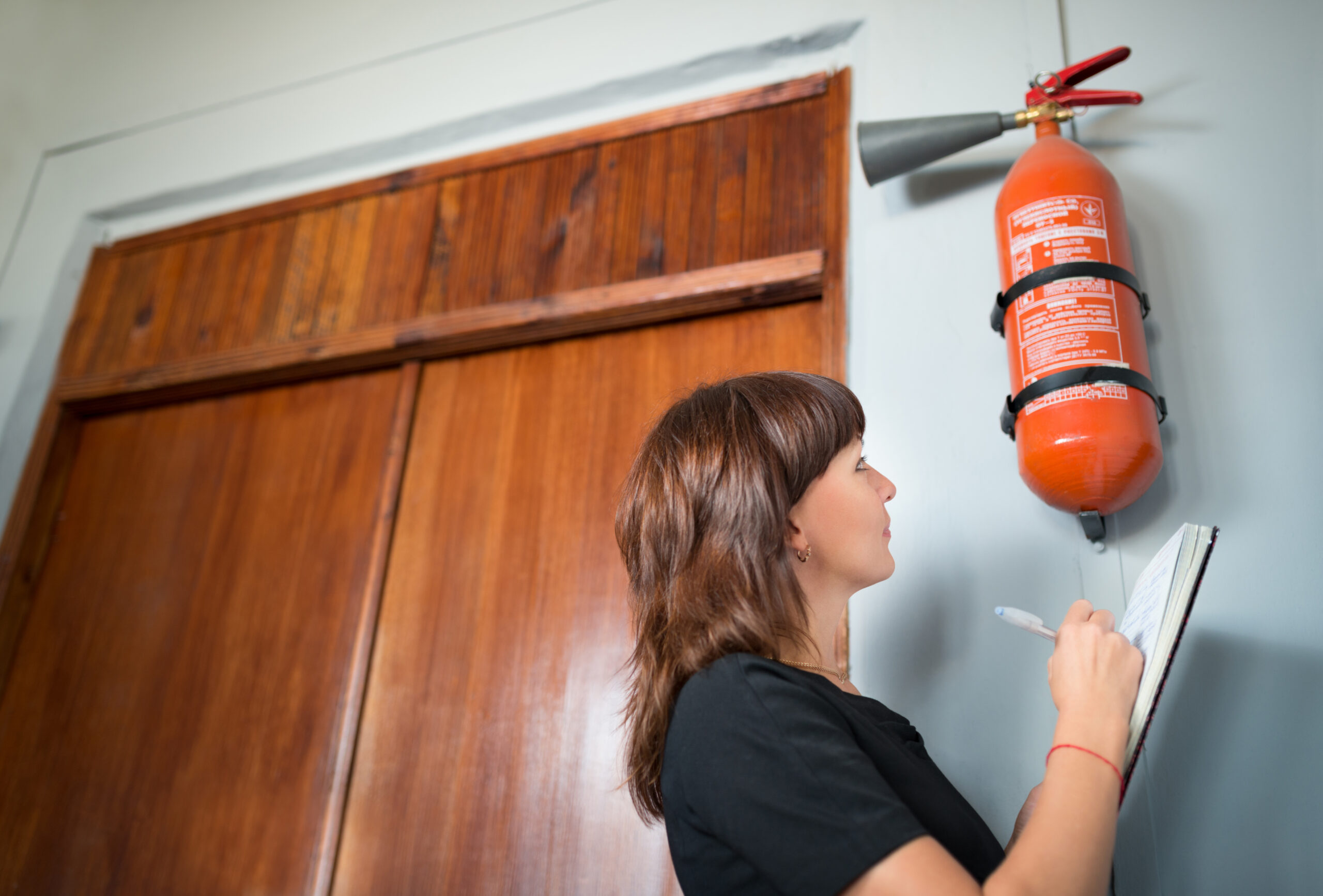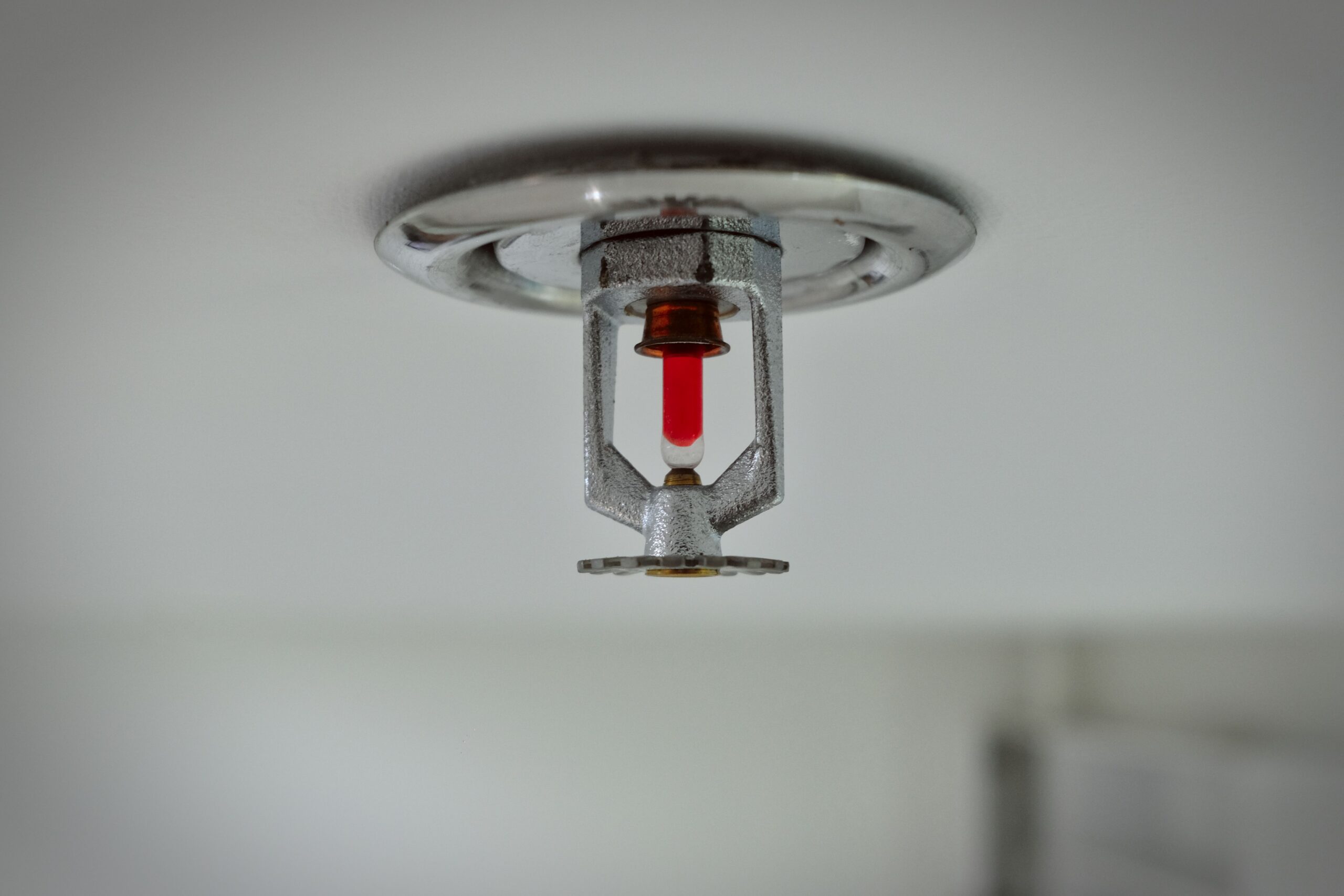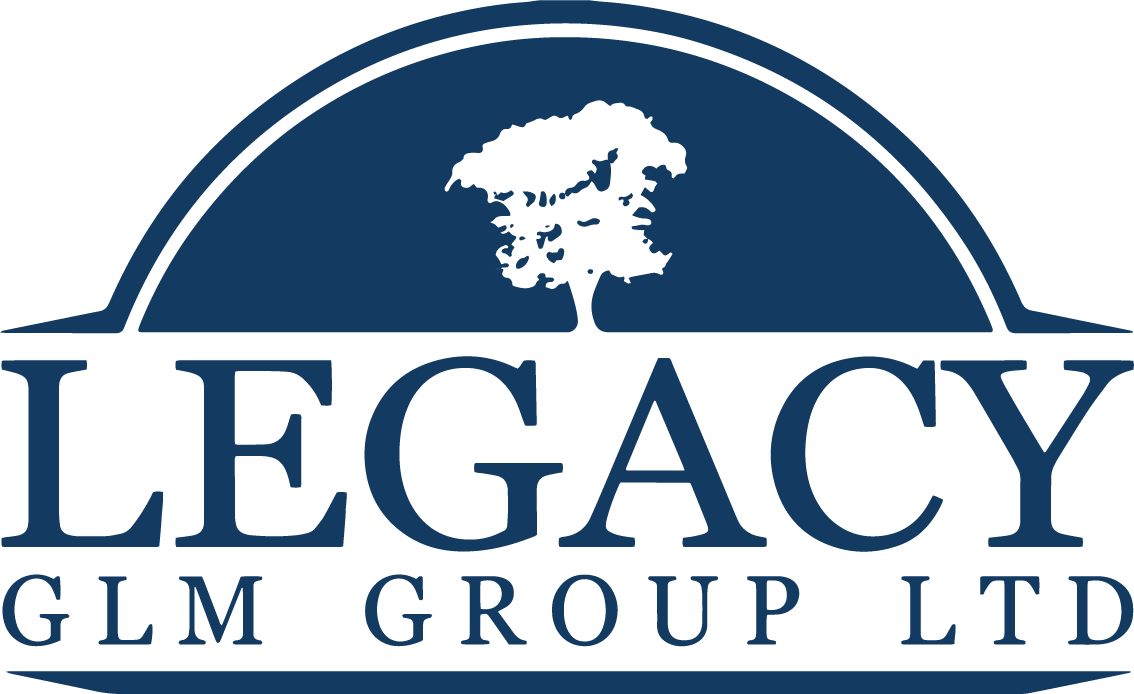
Fire detection system maintenance is the regular checking and servicing of your alarms, panels, sensors, and alerts to ensure they work properly during an emergency. Property owners are legally responsible for making sure these systems are tested, maintained, and ready to work at all times.
When an alert system fails, the results can be devastating. Lives, buildings, stock, and business operations can all be lost within minutes. That is why it is important to keep your system working as it should. Maintenance is not something you do once and forget. It must be part of your regular property care routine.
For landlords, commercial building owners, and anyone responsible for safety, understanding how these systems work and how to keep them working well is vital. Whether you manage one building or many, a faulty alarm system can be the difference between a small scare and a full-blown disaster.
In this guide, you will learn what fire detection system maintenance involves, how often it should be done, what checks are needed, and how to choose the right support. We’ll break down the key parts of the system and show you simple steps to make sure your alarm system is not just fitted but fully working and reliable.
If you want to protect your building and meet safety laws without the stress, this guide will walk you through everything you need to know.
Key Components Involved In Fire Detection System Maintenance
When thinking about fire detection system best maintenance, it is important to understand what parts need to be checked. A fire detection system is made up of several components, each with a vital role in keeping your property and people safe.
- Control Panels: The control panel is the brain of the system. It receives signals from detectors and activates alarms. Regular testing ensures the panel responds correctly to danger. If the panel fails, the entire system may not activate when needed.
- Smoke Detectors: Smoke detectors are the first warning that something is wrong. Over time, dust or dirt can clog them, reducing sensitivity. As part of maintenance, they should be cleaned carefully and tested to make sure they react quickly when smoke is present.
- Heat Detectors: Some areas are better suited to heat detectors rather than smoke detectors, like kitchens or workshops. These units must be tested to ensure they detect temperature changes properly without false alarms.
- Manual Call Points: These are the red boxes you see on walls that allow someone to raise the alarm by hand. They need regular checks to make sure they are not damaged and that pressing the button triggers the correct response.
- Alarm Sounders and Visual Alerts: If an alarm sounds but no one can hear or see it, it is useless. Sounders and flashing lights must be tested to check volume, brightness, and battery backup.
- Batteries and Power Supplies: A system is only as strong as its power supply. Batteries should be inspected regularly to make sure they hold charge and are not corroded. Backup power should also be tested, especially in large commercial buildings where downtime could be dangerous.
- Wiring and Connections: Loose or damaged wiring can cause serious failures. As part of fire detection system maintenance, a professional will inspect all cabling for wear, tear, or damage that could stop the system from working.
- Software Updates and System Resets: Many modern fire systems are linked to computer software. Updates and resets keep the system working properly. If updates are ignored, security gaps can form and stop the system from responding quickly.
Every part of the system must work together smoothly. Missing even a small detail could mean the difference between a safe evacuation and a disaster. Regular maintenance by trained professionals helps spot small problems before they become big risks.

Common Issues That Arise Without Regular Fire Detection System Maintenance
Ignoring fire detection system best maintenance practices can put a building and its occupants at serious risk. Without regular checks, many common problems can build up quietly until it is too late.
False Alarms
One of the most frustrating issues is false alarms. Dust, dirt, and insects can clog sensors, making them too sensitive. If the alarm triggers too often for no reason, people may start ignoring it. Worse, emergency services might charge for repeated false callouts, leading to extra costs.
Failed Detection During Real Emergencies
If sensors are not cleaned or tested properly, they might fail to detect real smoke or heat. This could mean a fire grows undetected until it causes major damage or even loss of life. Regular maintenance ensures that sensors react quickly when real danger appears.
Control Panel Faults
The control panel links the entire system. Without maintenance, faults in wiring or circuits may go unnoticed. If the panel cannot process alarms correctly, it delays evacuation and emergency responses.
Battery Failures
Batteries are essential backups during power cuts. Over time, batteries lose strength or corrode. Without maintenance, you might not realise a backup battery is dead until you need it. This can leave your property unprotected during a power outage.
Blocked Escape Alerts
If visual alarms like strobe lights or sounders fail, people may not know they must evacuate. These systems need checking to confirm they are loud enough and visible even in smoke-filled rooms.
Compliance Risks and Legal Trouble
In the UK, fire safety laws require businesses and landlords to maintain fire detection systems properly. If a building fails an inspection because of poor maintenance, the owner could face heavy fines, legal action, or even forced closure.
Higher Insurance Premiums
Insurance companies reward businesses that maintain fire safety systems properly. If an insurance firm finds out that maintenance has been skipped, premiums can rise sharply or claims can be denied after an incident.
Expensive Repairs Later
Small problems grow into expensive repairs if left untreated. A damaged detector or faulty wire might cost little to fix early but much more if ignored until total system failure.
Carrying out proper fire detection system best maintenance practices protects buildings, saves money, avoids legal problems, and most importantly, keeps people safe.
Why Professional Fire Detection System Maintenance Is Better Than DIY
When it comes to fire detection system best maintenance practices, many property owners might think they can handle it themselves to save costs. However, professional maintenance brings far greater safety, reliability, and long-term value.
Expert Knowledge and Training
Certified fire safety engineers understand every part of a fire detection system. They are trained to spot faults that are not visible to an untrained eye. From wiring problems to sensor calibration, professionals carry out detailed inspections that basic visual checks simply cannot match.
Use of Specialist Equipment
Testing a fire detection system properly often needs tools that most building owners do not have. Professionals use smoke pens, heat testers, and special equipment to check detectors respond correctly. This guarantees the system will work when it is needed most.
Correct Record Keeping for Legal Compliance
Under UK law, property owners must keep accurate records of all fire safety checks. Professional companies provide detailed reports after every inspection. These records are essential for passing fire inspections and showing insurers that fire safety duties are being met.
Saving Money in the Long Run
While hiring experts may seem like an extra cost, it prevents larger expenses later. Regular professional maintenance helps catch small issues before they become major faults needing full system replacement. It also reduces the risk of costly fines from failed safety inspections.
System Updates and Advice
Fire safety standards often change. Professionals stay updated on new rules and best practices. They can advise when an older system needs an upgrade or suggest better solutions to protect a building more effectively.
Emergency Support and Repairs
If an issue arises after maintenance, professional companies offer rapid support. They can quickly repair or replace faulty parts, avoiding long periods where the building is vulnerable.
Peaceful Operation
With experts handling the maintenance, property owners can trust that their buildings are safe. Staff, visitors, and tenants can feel secure, knowing that safety measures are properly managed by trained professionals.
Insurance Benefits
Insurance companies prefer properties where recognised fire safety contractors maintain systems. This can lead to better premium rates and smoother claim processes if an incident ever occurs.
In short, while DIY checks might seem quicker, only professional fire detection system best maintenance ensures full protection, compliance, and confidence.

How Often Should You Arrange Fire Detection System Maintenance?
For a fire detection system to work properly, regular maintenance is not just suggested, it is required. Knowing how often to book professional checks is important for both safety and compliance with the law.
Legal Requirements for Maintenance
The Regulatory Reform (Fire Safety) Order 2005 sets out that all commercial properties must keep their fire safety measures in good working order. This includes smoke detectors, alarms, emergency lighting, and sprinkler systems where installed. Regular maintenance proves that property owners have met their legal responsibilities.
Recommended Maintenance Frequency
Most fire safety experts recommend that a full inspection and servicing should be carried out at least twice a year. In busy commercial properties or buildings with higher risks, quarterly inspections may be better. Regular testing, however, should be carried out weekly by responsible persons inside the building.
Weekly Fire Alarm Testing
Once a week, a nominated staff member or manager should test at least one call point and alarm device. This checks the system is active and alarms are sounding clearly across all areas. Different call points should be tested each week so that the entire system is checked over time.
Monthly Emergency Lighting Checks
Emergency lighting should be briefly switched on monthly to ensure that lights activate during power cuts. Professional checks should still happen twice a year, but monthly tests give early warnings if lights fail.
Six-Monthly Professional Maintenance Visits
Every six months, a qualified technician should perform a full fire detection system maintenance check. This includes inspecting control panels, cleaning smoke detectors, testing batteries, and checking for wiring issues. They will also review any faults logged since the last visit.
After Any Significant Changes
If a building has major layout changes, new occupants, or after an incident such as a small fire, another maintenance check should be booked immediately. New hazards or layout shifts can affect how quickly people can evacuate, so systems must be adjusted accordingly.
Signs That Extra Maintenance May Be Needed
Even between scheduled checks, certain signs may show a system needs extra attention, such as:
-
Repeated false alarms.
-
Silent alarms when tested.
-
Visible dust or dirt on detectors.
-
Battery warning signals on control panels.
Never ignore these signs. Quick action helps prevent serious faults that could fail during a real emergency.
Arranging regular fire detection system best maintenance routines not only keeps people safe but also protects property investments and keeps insurers satisfied.
Why Professional Fire Detection System Maintenance Matters
Hiring experts for fire detection system best maintenance practices is one of the best steps any property owner can take. Protecting buildings, assets, and lives relies on having systems that work properly at all times. Without regular servicing, even the best equipment can fail when it is needed most.
Professional fire safety companies know exactly what to check. They spot small issues before they become big problems. This includes worn batteries, faulty alarms, dirty detectors, and broken emergency lights. These problems often go unnoticed during day-to-day operations but can make a huge difference during an emergency.
Booking regular servicing not only keeps people safe, it also keeps a property legally compliant. Insurance providers also often require proof of proper fire safety maintenance. Without it, claims can be rejected after an incident. That could lead to major financial losses that could have been avoided with proper care.
At Legacy GLM Group, we specialise in making sure your systems are always ready to protect. Our trained engineers carry out full inspections, test every part of your system, provide clear reports, and offer practical advice on any improvements needed. We do more than just tick boxes; we help you truly protect your property and the people inside it.
If your building needs a reliable and expert fire detection system maintenance service, do not wait until something goes wrong. Contact Legacy GLM Group today at 02392 985 776. Let us help you stay safe, stay legal, and stay fully protected at all times.



